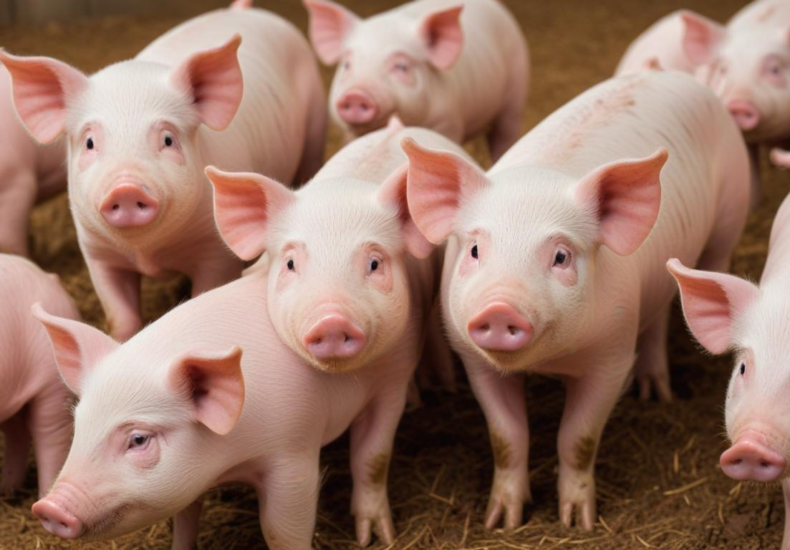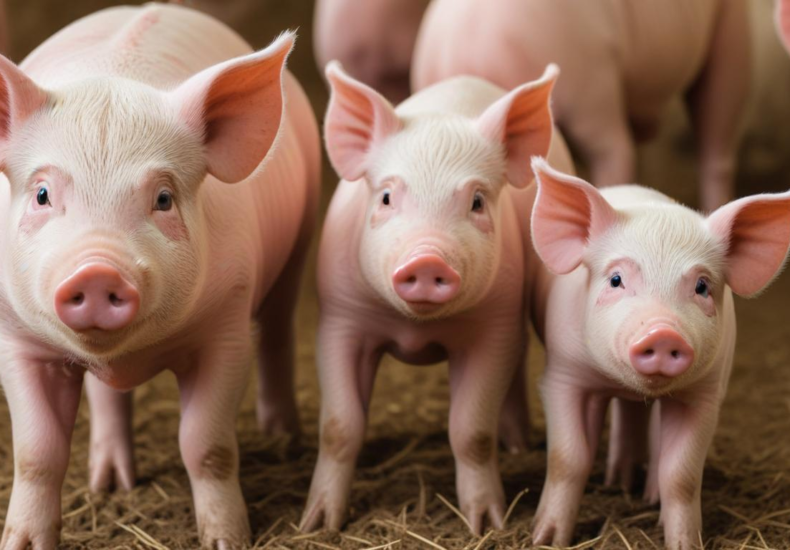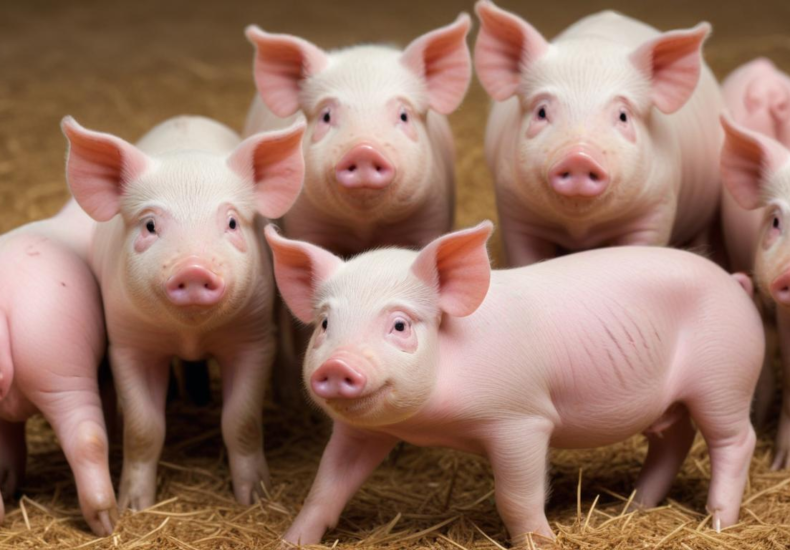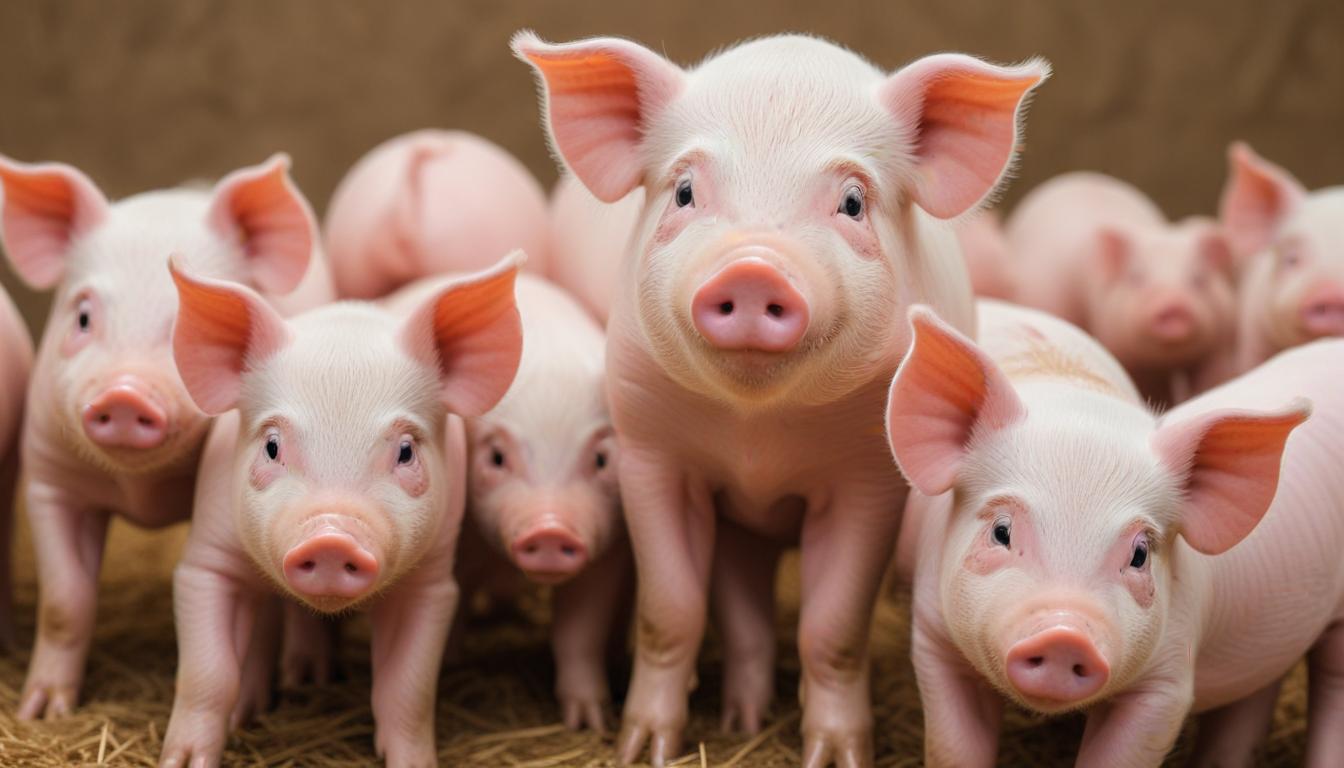Tag: breeding
exploring the DNA of heritage pig breeds
Heritage pig breeds showcase a fascinating genetic lineage and unique traits honed over generations, contrasting sharply with the commercial breeds bred for uniformity. These pigs thrive in diverse farming environments, boasting exceptional qualities like flavor and adaptability. Discover the remarkable attributes of breeds such as Berkshire and Tamworth, and explore the innovative conservation strategies and genetic research aimed at preserving these invaluable animals. The interplay of tradition and technology reveals a promising future for heritage pigs within sustainable agriculture and biodiversity.
genetic improvements in commercial pig farming
Recent advancements in genetic research are reshaping commercial pig farming, enhancing productivity and sustainability. Techniques like genomic selection and gene editing are enabling breeders to select for desirable traits such as growth rates, disease resistance, and meat quality. This innovative approach is not only improving economic viability but also addressing animal welfare and environmental impacts. As breeders integrate precision technologies and sustainable practices, the future of pig farming promises healthier animals and a reduced ecological footprint, redefining industry standards and practices.
the role of heredity in pig reproduction
The exploration of genetic influences on pig reproduction uncovers the pivotal role heredity plays in fertility rates, gestation periods, and overall litter success. Advances in genomic technologies and breeding practices reveal how specific traits can be cultivated for better outcomes. Additionally, the interplay between genetics and environmental factors, including nutrition and housing, poses both challenges and opportunities for enhancing reproductive efficiency. As these methodologies evolve, the future of swine production may witness unprecedented gains in productivity and sustainability.
why some pigs grow faster genetically
Genetic factors are crucial in shaping pig growth rates, directly affecting productivity and efficiency in livestock production. Traits such as average daily gain, feed conversion ratio, and body composition are influenced by genetics, enabling breeders to select for faster-growing pigs. With the advent of genomic selection and advanced breeding techniques, including CRISPR-Cas9 gene editing, farmers can enhance desired traits. As the industry embraces data-driven approaches and sustainability, the future of pig farming looks poised for significant advancements in growth performance and animal welfare.
the science behind pig breeding and genetics
Advancements in pig genetics are reshaping the landscape of swine breeding, highlighting the interplay between hereditary traits, biotechnology, and animal welfare. By leveraging modern techniques like genomic selection and CRISPR, breeders can enhance traits such as disease resistance and feed efficiency. Sustainable practices are also gaining traction, promoting environmental responsibility while meeting consumer demands. As data-driven methodologies and collaborative approaches evolve, the future of pig breeding promises to optimize genetic potential, improve productivity, and ensure better welfare for animals and producers alike.
how genomic selection enhances pig breeding
The integration of genomic selection in pig breeding is transforming the industry, enabling breeders to make data-driven decisions based on detailed genetic information. This innovative approach allows for early evaluation of an animal’s genetic potential, optimizing breeding efficiency and aligning with consumer demands for quality and sustainability. By leveraging advanced genomic technologies, breeders are now equipped to select for crucial traits such as growth rate, feed efficiency, and disease resistance, reshaping the future of pork production. As genomic advancements continue, the potential for enhanced animal welfare and sustainability becomes increasingly attainable.
understanding epigenetics in pig reproduction
Epigenetics plays a critical role in pig reproduction, affecting gene expression without altering DNA sequences. Environmental factors, nutrition, and stress can induce epigenetic modifications that influence fertility, gestation, and embryo viability. Key mechanisms such as DNA methylation and histone modifications dynamically regulate reproductive genes, showcasing how subtle shifts can lead to profound effects on herd productivity. The implications of these findings suggest innovative strategies for enhancing breeding programs, focusing not only on genetic traits but also on optimizing the environmental influences that shape pig reproduction.
Archives
Calendar
| M | T | W | T | F | S | S |
|---|---|---|---|---|---|---|
| 1 | ||||||
| 2 | 3 | 4 | 5 | 6 | 7 | 8 |
| 9 | 10 | 11 | 12 | 13 | 14 | 15 |
| 16 | 17 | 18 | 19 | 20 | 21 | 22 |
| 23 | 24 | 25 | 26 | 27 | 28 | |






